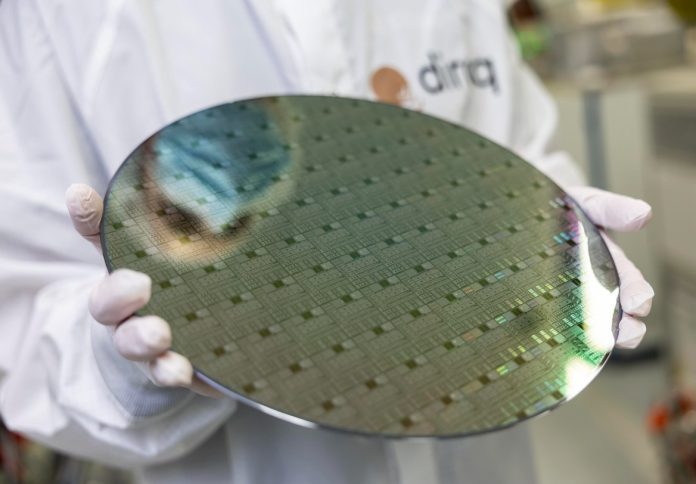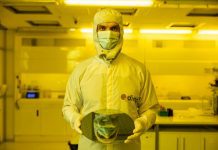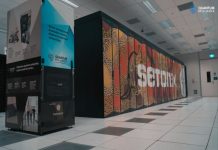
Australian quantum computing company Diraq has announced it will lead an international consortium participating in the US Government’s Quantum Benchmarking Initiative (QBI), a program run by the Defense Advanced Research Projects Agency (DARPA) to explore the viability of utility-scale quantum computers by 2033.
Diraq has been awarded a Stage A contract under the initiative, which aims to rigorously assess whether quantum computing technologies can deliver industrial utility within the next decade, it said in a media release.
The company will contribute its silicon-based quantum technology, which uses spin qubits compatible with conventional CMOS chip manufacturing methods.
According to Diraq, the QBI program is structured in progressive stages, with each phase designed to critically evaluate the scalability, performance, and practical feasibility of different quantum architectures.
Under Stage A, Diraq will focus on demonstrating the computational and economic potential of its quantum system design, aiming to prove that its technology can deliver value greater than its capital and operational costs.
“Diraq’s focus is to design, build, and deploy the world’s first truly utility-scale quantum computer,” said Andrew Dzurak, Diraq’s CEO and founder.
“We are pleased to be selected by DARPA and the US Government for this focus on full-scale, fault-tolerant quantum computing and welcome the opportunity to demonstrate our CMOS quantum dot qubit approach.”
Headquartered in Australia and recently expanding operations into the US, Diraq is leading a consortium that includes organisations from Australia, the UK, and the US.
The group combines expertise in quantum system architecture, cryogenic electronics, qubit control, and quantum error correction.
In Australia, Diraq is partnering with Emergence Quantum, a new venture formed by former Microsoft researchers Professor David Reilly and Dr Thomas Ohki.
Emergence Quantum will contribute system architecture design and expertise in cryogenic CMOS control electronics.
Dr Ohki noted, “Performing under DARPA programs raises the bar significantly and we are delighted to continue to participate in such programs now in partnership with Diraq.”
The UK’s Riverlane, a specialist in quantum error correction (QEC), will support the consortium by providing software and hardware solutions required to manage and mitigate errors in quantum calculations.
Riverlane CEO Steve Brierley said, “Quantum error correction is essential for scaling quantum computing from hundreds of reliable operations to the billions or trillions needed for commercial applications. We are excited to support Diraq and its consortium.”
Diraq’s approach involves integrating quantum chips with classical electronics in a compact cryogenic environment, using established semiconductor manufacturing processes.
The company also maintains partnerships with major fabrication players, including US-based Global Foundries and European semiconductor hub imec, although they are not formal members of the QBI consortium.
Ted Letavic, Corporate Fellow and Senior Vice President at Global Foundries, expressed support for the collaboration, stating: “This groundbreaking work will accelerate the path from lab to foundry for silicon-based quantum and cryo-CMOS control chips using our flexible and power-efficient 22FDX® FD-SOI platform.”
DARPA’s QBI is part of a broader push by the US Government to accelerate the development of commercially viable quantum systems capable of tackling real-world problems in fields such as energy, pharmaceuticals, and logistics.



















